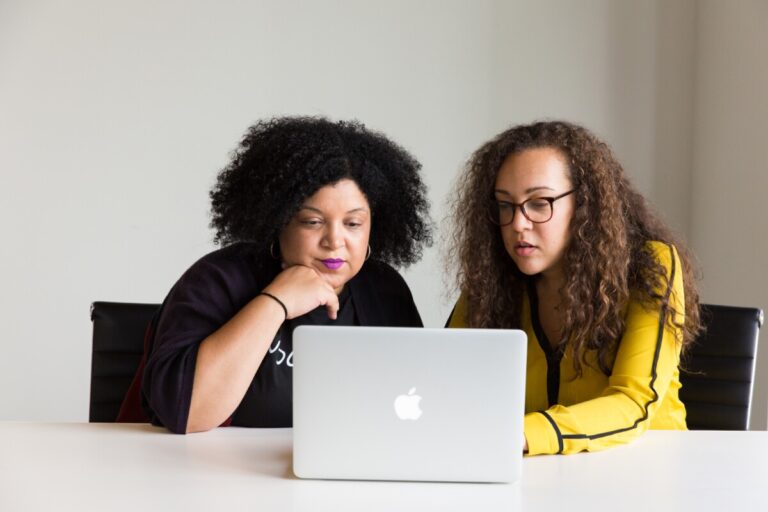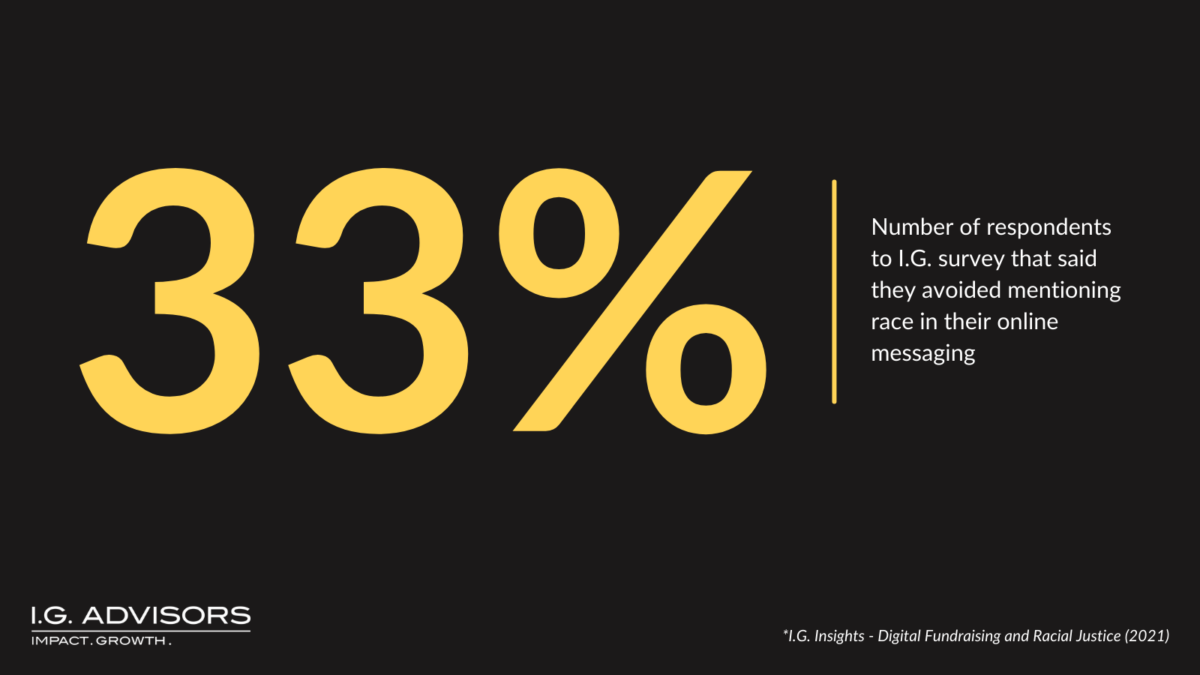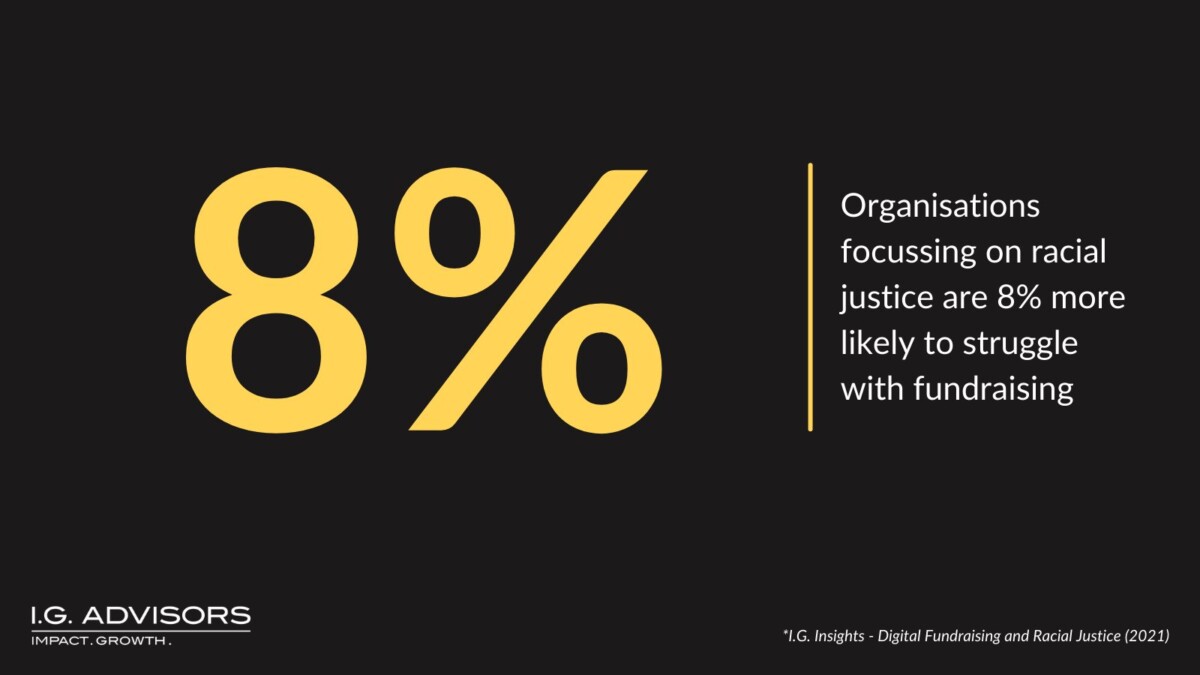Obstacles to digital fundraising success for racial justice organisations addressed in report

With digital fundraising growing in importance, and organisations working on racial justice facing some key barriers to success, a report has been published highlighting the challenges as well as ways to address them.
Published by I.G. Advisors in partnership with Unbound Philanthropy and Money4YOU, the report, Digital Fundraising and Racial Justice: Challenges and Opportunities for Funders and Fundraisers, aims to support organisations working in this area to successfully leverage digital fundraising practices, and to ensure that funders know how to contribute to that success.
It shares insights on the fundraising challenges and the racial dynamics at play in digital fundraising for these organisations, and highlights practical opportunities for funders and fundraisers to address them.
Advertisement
Digital fundraising, it says, matters because “For almost every type of organisation, online giving is key to growth and resilience”. In 2020, it states, 12.9% of total fundraising came from online giving – the highest percentage ever.
The report’s research included a mix of informal interviews and conversations with funders, membership organisations, sector leaders, and networks who support racial justice and BAME-led organisations focus groups, focus groups with organisations working with communities facing racial injustice, surveys directed at organisations working with communities facing racial injustice, and data reviews.
Key obstacles faced
75% of survey respondents said they’re spending more time doing digital fundraising now than they were before the pandemic.
However:
- Organisations focusing on racial justice are 8% more likely to struggle with fundraising
- 60% of respondents rated their confidence in digital fundraising as ‘quite low’ or ‘very low’
- 50% said working on racial justice means their organisation has unique needs that were not addressed by mainstream fundraising training
- 66.7% said ‘competing with bigger or more well-known organisations’ was their biggest challenge
- 67% said ‘not having data or insights on audiences we’re trying to reach’ was their biggest challenge when fundraising online
- 33% also said they avoided mentioning race in their online messaging

A number of key obstacles to success are highlighted by the report, falling under three themes:
- Hostile Digital Environment — The bias, stereotypes, discrimination, or outright bigotry that impact interactions online and the building blocks of donor relationships.
- White Donor Normativity — The self-reinforcing phenomenon of assuming that white donors are the ‘norm’, and tailoring fundraising practice, training and data accordingly.
- Triple Glazed Glass Ceiling — The perfect storm of challenges with capacity, confidence, and competition when it comes to digital fundraising.

Tackling the challenges
The report says that both funders and fundraisers can play a pivotal role in tackling these challenges, and shares 10 opportunities through which fundraisers and funders can support greater success in digital fundraising for racial justice issues.
For funders, these include rethinking what they fund, adapting how they find, and building their own offering by considering how to contribute beyond funding.
For fundraisers, suggestions include refining their approach to comms, developing anti-racist practices within their own organisation, and reshaping their environment by working collaboratively with ‘competitors’ and creating an enabling environment.
“It’s not about saying funders, online donors or fundraisers are racist – it’s saying ‘racism makes everything we’re doing harder’ and trying to rebalance that.”
Anonymous Survey Respondent



